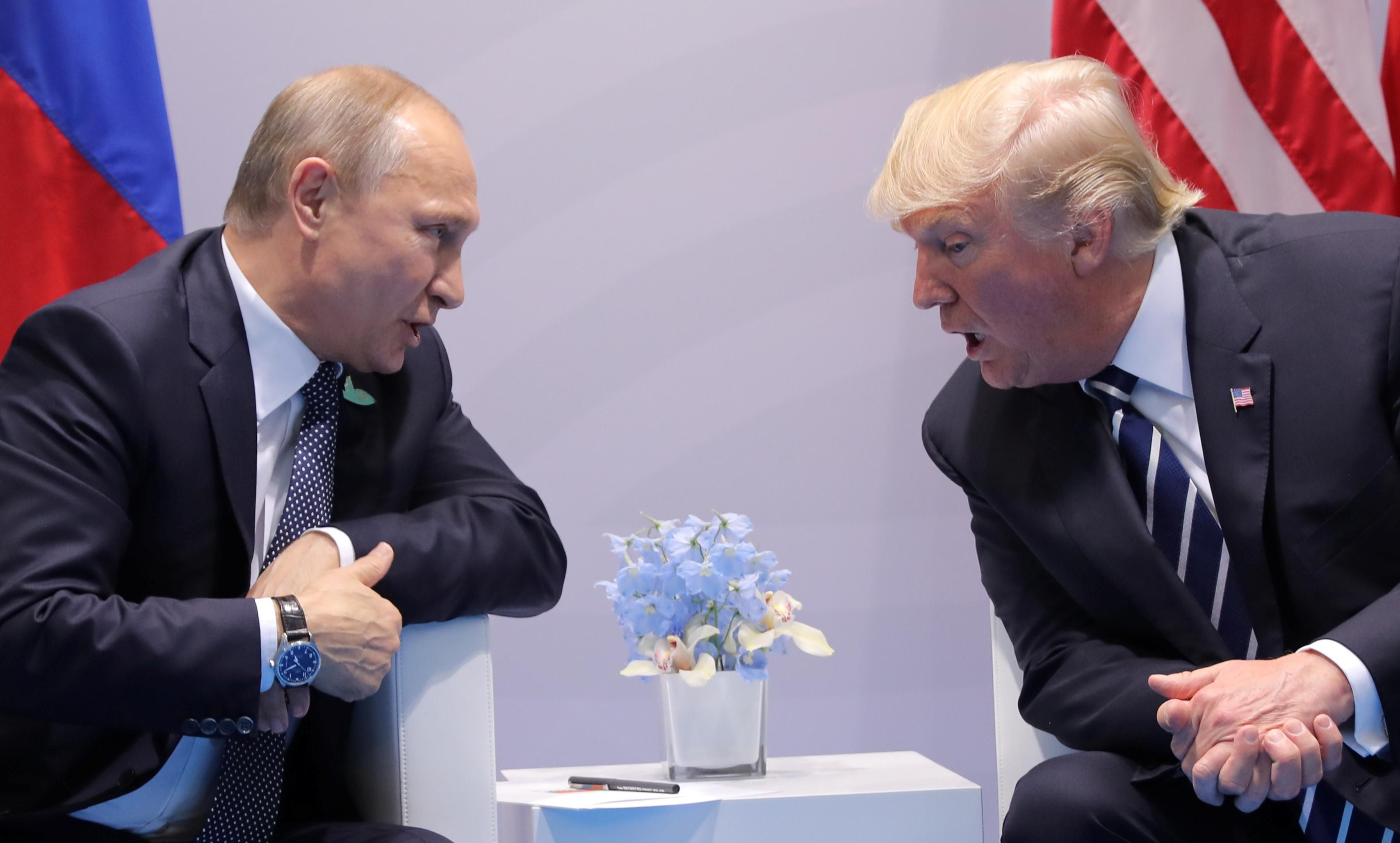US media trust wars. Remember the Steele Dossier? Yes, the oppo research on Donald Trump compiled by a former British spy that alleged Russia had kompromatleverage over the then-US presidential candidate. After Trump won the 2016 election, several media outlets openly hostile to Trump covered the unverified report — Buzzfeed even published it in full — to suggest that Russia helped get Trump elected. Trump and the GOP-friendly media blasted it as part of a liberal "witch hunt" to undermine his election victory. Well, in the past few days the dossier itself has been skewered after Igor Danchenko, the source of the report's most juicy claim — that Trump got Russian prostitutes to defile a bed Barack Obama slept on in a Moscow hotel — was indicted for lying to the FBI about it. The charges against Danchenko subsequently led the Washington Post to correct two old articles that cited the dossier, the basis for FBI surveillance of the Trump campaign now being probed by US attorney John Durham. Expect the scandal to dominate the US political conversation for weeks, and drive an even bigger media trust wedge between Democrats and Republicans.
More from GZERO Media
What We’re Watching: US and Russia’s peace framework, West Africa on edge, Iran asks Saudi Arabia to put in a good word with Trump
US and Russia reportedly draft new Ukraine peace framework
While the European Union has never been more critical, it is also facing a trifecta of divisive challenges.
In this episode of “Local to global: The power of small business,” host JJ Ramberg sits down with Chapin Flynn, Senior Vice President of Transit and Urban Mobility at Mastercard, and Mark Langmead, Director of Revenue & Compass Operations at TransLink in Vancouver, to explore how cities are making transit easier, faster, and more seamless for riders–an approach known as frictionless urban mobility.
The Trump administration is moving closer to military strikes inside Venezuela.
Graphic Truth: Europe tries to fill US void in Ukraine funding
With widespread AI adoption across sectors, its economic impact is no longer theoretical. It’s measurable. The result? New waves of innovation and a more AI-powered economy. Subscribe to Bank of America Institute for deeper insights on AI’s impact.
In this episode of GZERO Europe, Carl Bildt weighs in on the increasingly fragile future of UK Prime Minister Keir Starmer.
